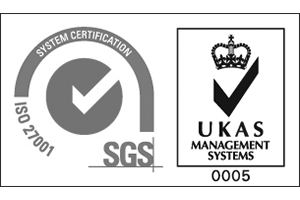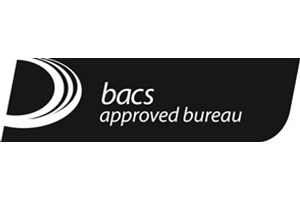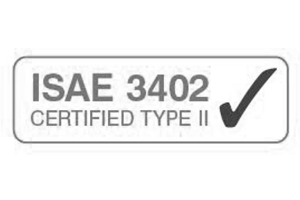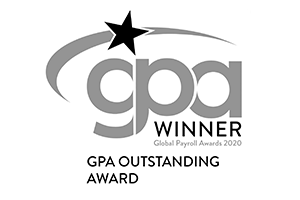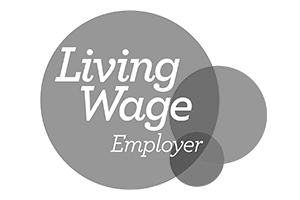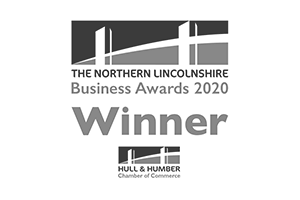With tips in the news recently it seems appropriate and ever more important to share with you the tax position regarding tips, gratuities and service charges.
As a payroll outsourcing provider specialising in the hospitality sector we have seen a huge range of solutions in place to transfer tips to employees.
But it is those employers that try to do the right thing but in the wrong way that can actually lose out most.
The rules of tax in relation to tips, gratuities and service charges
Let’s start with the basics and for ease lets group tip, gratuities and service charges under the heading “tips”
- Tips and Gratuities are subject to tax. Even if your employees receive tips directly and retain the cash they should account for tax on them.
- Tips and Gratuities retained by Employers are subject to Corporation Tax. Any profits made by the company will be subject to Corporation Tax. Tax on the tips but also relief on any associated salary costs
- They may be subject to VAT. If the tips, service charges and gratuities do not pass through a tronc (more on that later) then they are included within income of that company where they will be subject to VAT
- Employees are subject to PAYE and NI when paid by the employer. If the employer collects tips and processes them through their business and then pays them back out as wages they are subject to PAYE / NI and will be pensionable
So there is a potential complex interplay between VAT, Corporation Tax, PAYE, National Insurance and pensions and the implication of getting it wrong (leaving aside any moral arguments) even when you are trying to do right by your employee can be significant.
What are the most common scenarios?
Our work with hospitality clients processing their payrolls places us in the ideal position to experience the common ways employers deal with tips (assuming that tips are being processed in some way and not just paid cash in hand for employees to sort out their own tax position, which is not recommended as they just don’t!)
Typically we see four common scenarios:
Scenario 1 - Employer keeps everything passing no benefit to employees
Scenario 2 - Employer keeps 10% of total receipts
Scenario 3 - Employer increases payroll so that they receive no benefit
Scenario 4 – An effective tronc scheme is in place
The above calculations assume that an employee is subject to NI and PAYE at basic rate and is also a member of an auto enrolment pension scheme.
So we can see that far and away the most tax efficient means to pass tips to employees is via a tronc.
The worst case is scenario 2, where an employer is trying to be fair and pass on 90% of everything but paying it inefficiently through payroll.
What is a tronc?
A tronc is a special arrangement with HMRC where the employer does not control the allocation of tips. This is decided by an appointed troncmaster who is responsible for collecting, distributing and accounting for PAYE on tips.
Under this arrangement tips are still taxed but not subject to National Insurance generating a significantly improved net benefit to employees.
To find out more about how you could be more tax efficient on your allocation of tips and gratuities, contact Paul Chappell our Head of Legislation and Compliance on 03331 123456.
Dataplan are one of the UK’s leading providers of specialist payroll and associated services.
From payroll outsourcing and pension service management to ePayslips and gender pay gap reporting; we have a solution for you and your business.


